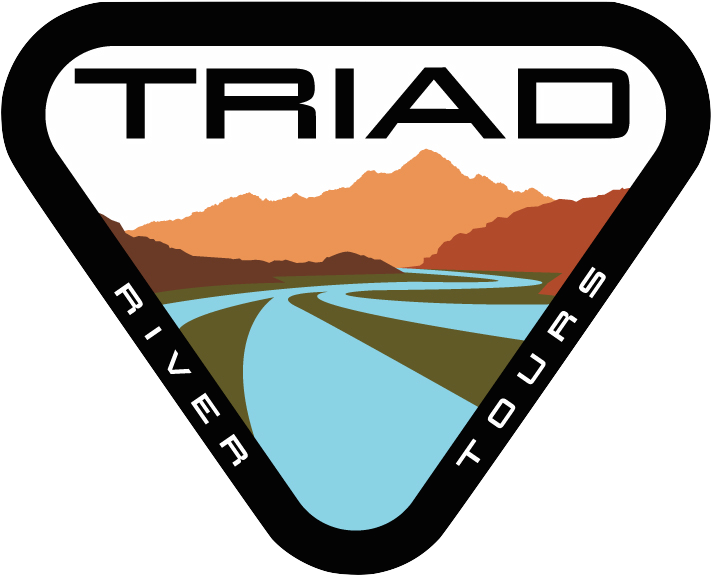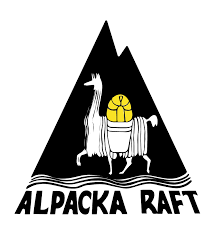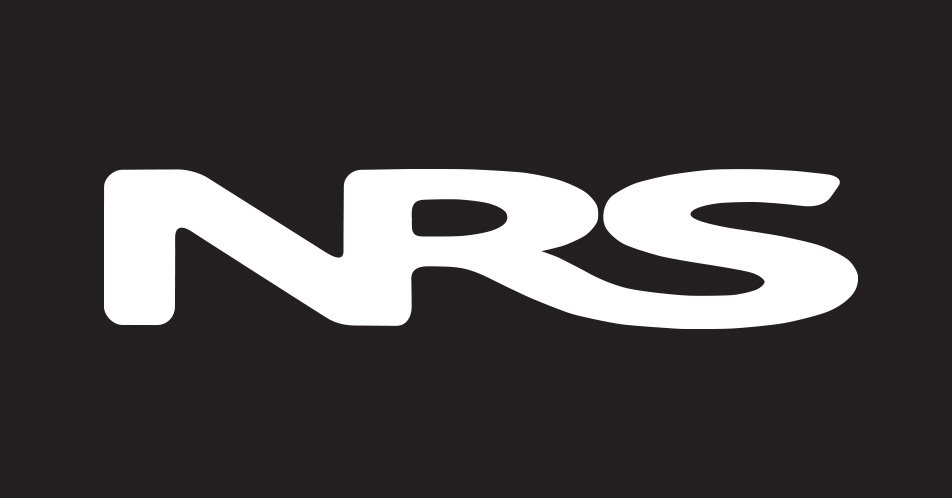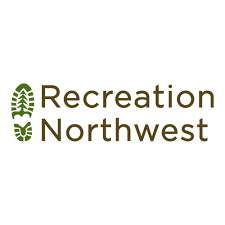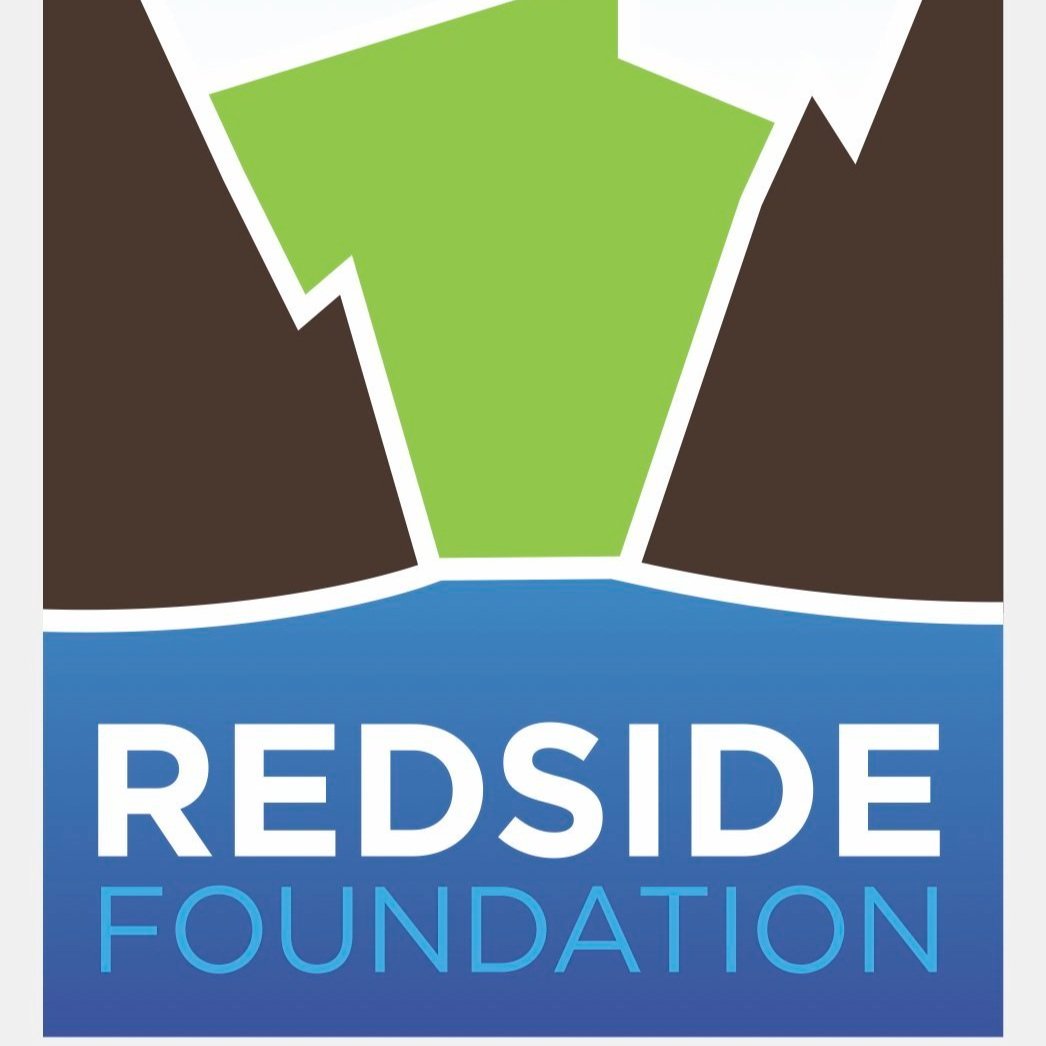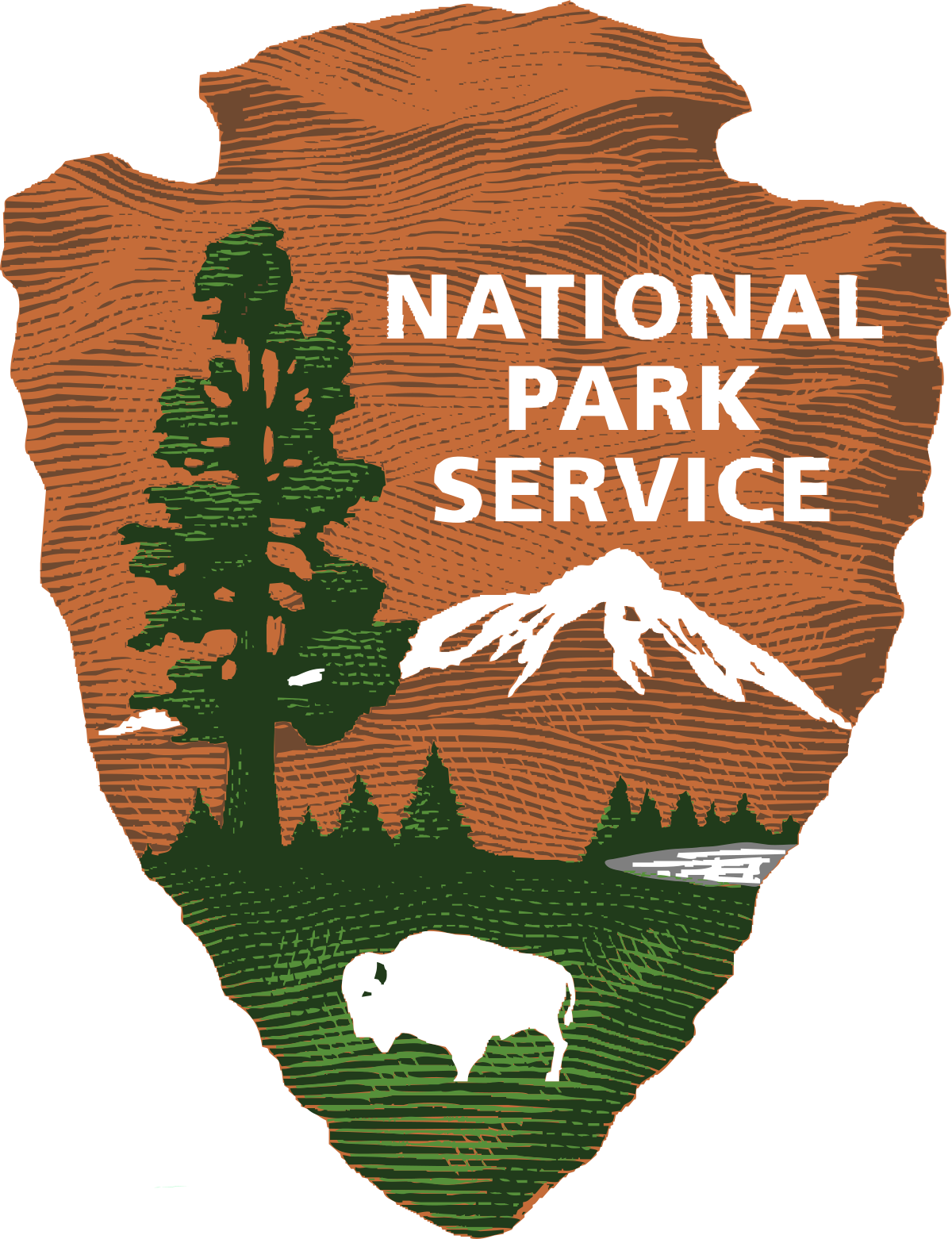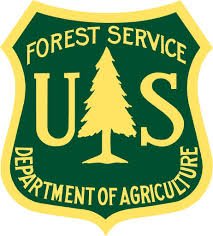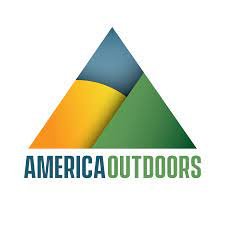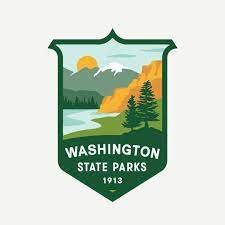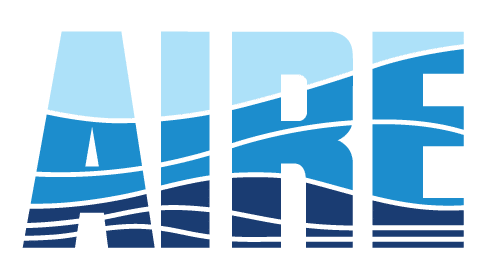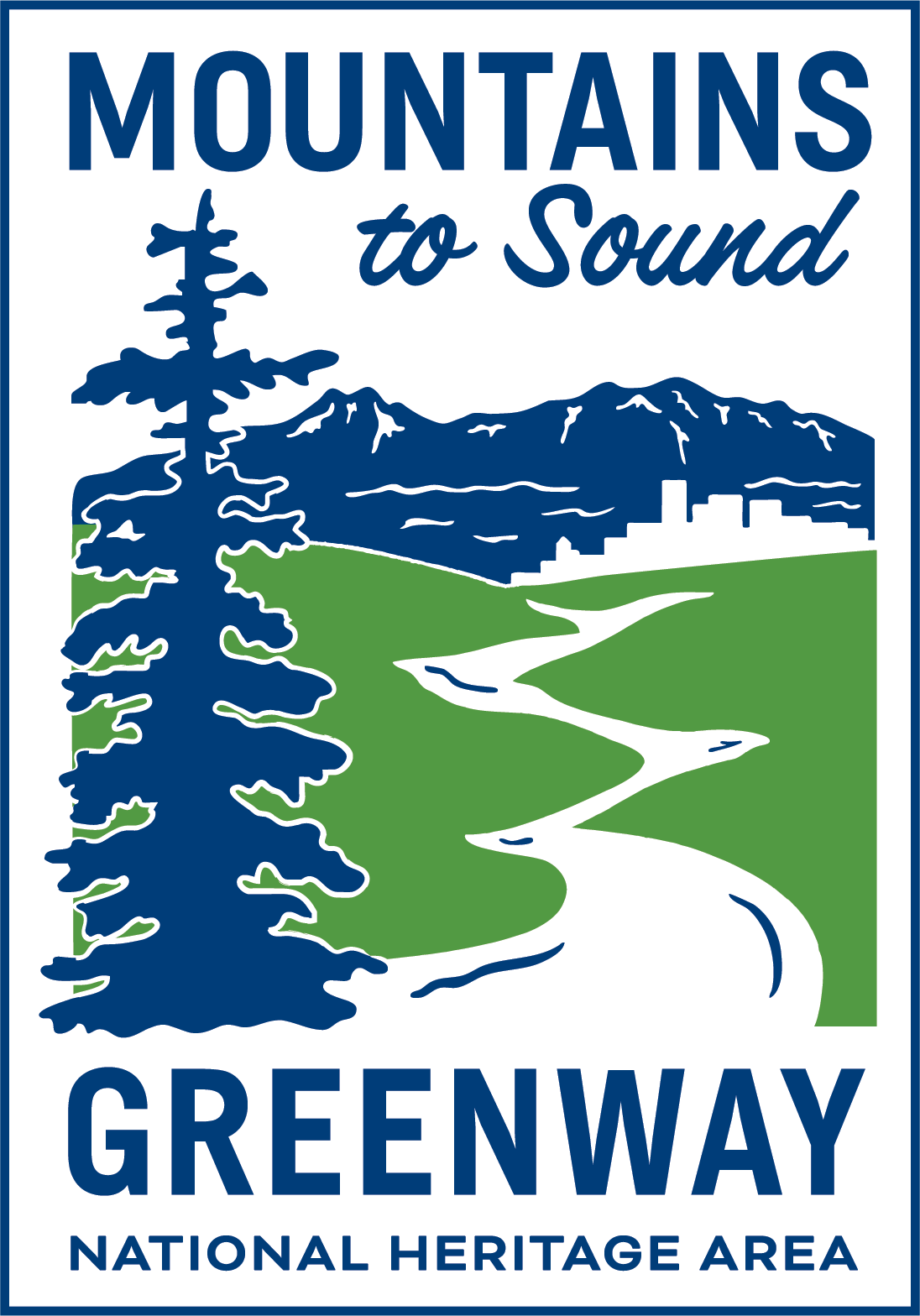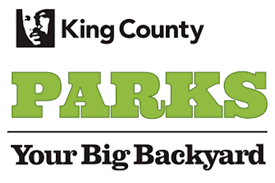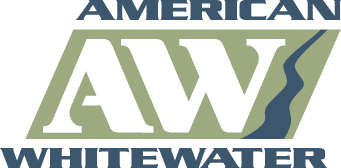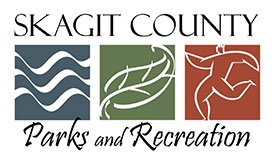Commercial whitewater river rafting is at best, a questionable profit making business model, but it is rewarding in other areas. Not the least of which is that we can operate and conduct our rafting trips in ways that are consistent with our values. There is a nearly never-ending process of evaluation that’s done on our systems to test and ensure that they are not only cost effective, but also as environmentally justifiable as possible. One of the more interesting ways that we can analyze and improve our system of operating whitewater rafting trips at Triad River Tours is by looking deeply into fuel usage. Each year we travel hundreds of thousands of total miles to run river-rafting trips, while our guests travel much further. We have to take our responsibility to the environment seriously in this regard, and we have to make sure that the value and quality of experience on the river is not at an undue expense to the same environment that we are stewards of. And that brings us to an interesting segue; why we love old school buses.
Whitewater River Rafting companies are notorious for having old, used up school buses for transporting their guests. While this is often a simple matter of cost structure and the only way to carry 30 people in one vehicle, using school buses for whitewater rafting trips is actually a pretty cool thing when we think of environmental impact and other factors.
From an environmental ethics point of view, for Triad River Tours, the first thing to consider when designing a logistical system for a potential rafting segment, is the location of the guides and guests who will run the river, and how far away they are; thus, we can get some data on how much fuel will be burned in order to make the trip happen. If we want to run a river in the North Cascades and most of the people are traveling by car from Tacoma, we can estimate that by the end of the season we will be burning a lot more fuel than if we could operate the same quality of rafting trip, and serve the same clientele, further south. We have to take these things into consideration if we are going to remain consistent with our environmental ethics as we grow.
Triad River Tours’ goal is to find the perfect balance between enjoyment and sustainability on all our trips.
There are many reasons a person chooses a specific rafting trip, but for our guides, the most important thing is experience level and risk. We do not want people of lesser experience on river rafting trips that demand a higher level of proficiency in paddling, swimming, and rescue procedures. This can be a tricky balance, especially when someone is closer in proximity (and therefore drive time) to a Class 4 river, when they have a Class 3 river that is a better fit, but is an extra hour away. We can talk until we’re blue in the face about the risks, but ultimately, in the age of online reservations for rafting trips; people make their own decisions.
Washington is unique in that it has a plethora of Whitewater Rivers to raft, and it has one population epicenter. Usually we can calculate the fuel usage of our guests and guides by measuring from the Seattle area; this makes the Snoqualmie the closest (and therefore most justifiable in terms of environmentalism), followed by the Skykomish, Sauk, and Skagit. We deliberately avoid running the Wenatchee River because it represents the longest drive from Seattle, and therefore the most fuel usage for the experience. From a logistical standpoint, we try and use one vehicle for the trip; but this is only possible if we have a dedicated driver on staff. If there are only guides on the trip or if we are running a large trip where we need extra time to rig our rafts at the river, we will often have a guide support vehicle to pull trailers and then the bus is used only to carry passengers. Either way we do track the miles that we use on all of our trips, and then divide that number by our guests and our guides to determine the environmental efficacy of the trip from a fuel consumption perspective. Most of the time the more environmentally conscious we are in this regard, the less we have to spend on fuel and the more revenue then is available to discount trips, or offer bonuses or higher wages to the guides. If a trip is proving itself to be a strain on our environmental ethics, we will analyze if there is a real service to the public in terms of value proposition. That is to say; do we really need to run this trip, or can the same river rafting guests that are on this trip attend a different one that is more environmentally sustainable? All of the trips we offer each summer (Skykomish, Snoqualmie, Sauk, Skagit) are selected by our staff not only because they are great rafting experiences for our guests, but are also performed in a way that is consistent with our environmental stance.
Old School buses are smoky, and it’s hard to imagine that a retired school bus filled with rafters is environmentally conscious as it travels through mountain roads, but interestingly enough, it is. Old school buses are not only incredibly safe to drive (the standards for school buses in crashes are far more stringent than automobiles), but they are also incredibly adept at dealing with wet passengers who just came out of a whitewater river. School buses also get phenomenal mileage considering their size. Because most school buses were designed for shorter trips at lower speeds, they are somewhat underpowered, and thus they have smaller, more fuel-efficient engines (typically diesel) that can transport 20-30 people at the same mileage as a full size pickup. School buses that have been retired are also often being saved from the scrapyard; we have no pride about it… our buses are as old. There is an environmental consideration here; a bus that is saved from the scrapyard, treated well, and maintained beyond it’s expected lifetime, is one bus that doesn’t need to be built new, and those resources can stay in nature. Old school buses can be terribly expensive to repair, and thus a responsible whitewater rafting company makes sure that they stay in good working order. We utilize Motor Truck International for our annual safety and maintenance check; these are the same mechanics that work on semi trucks, and they are great at what they do. Sometimes we have to replace brake systems, buy new tires, or have wiring diagrams changed and updated, but for us it is worth it to have a bus that takes all of our rafting guests to their destination safely and in a way that is consistent with our ethics. What kind of rafting company would we be if we didn’t consider our environmental impact? Our job as guides is to be leaders in terms of environmentalism, and (perhaps ironically) using old school buses is an extension of that leadership.
Read more:
